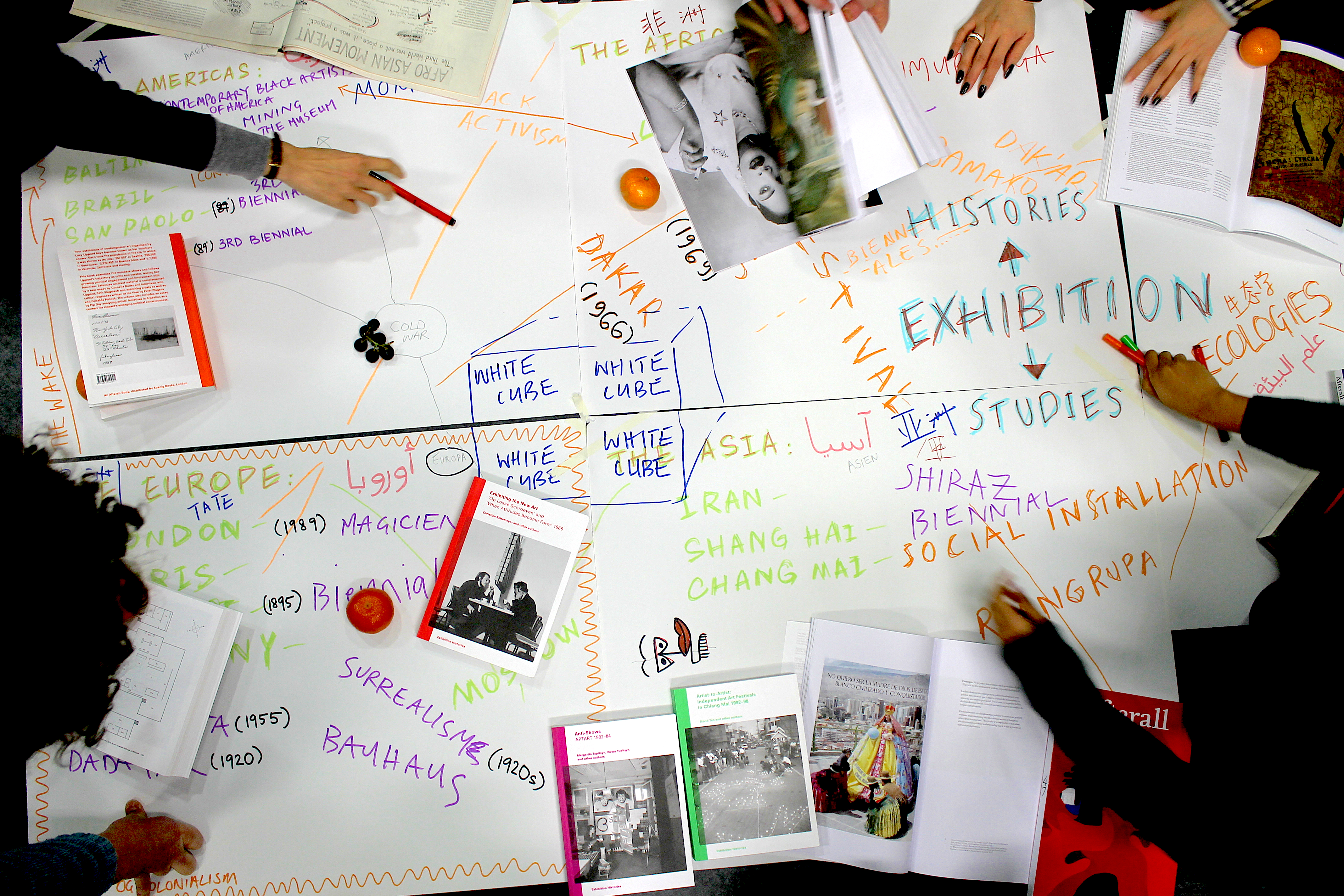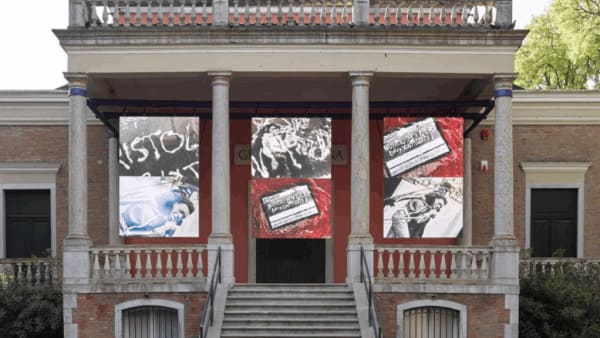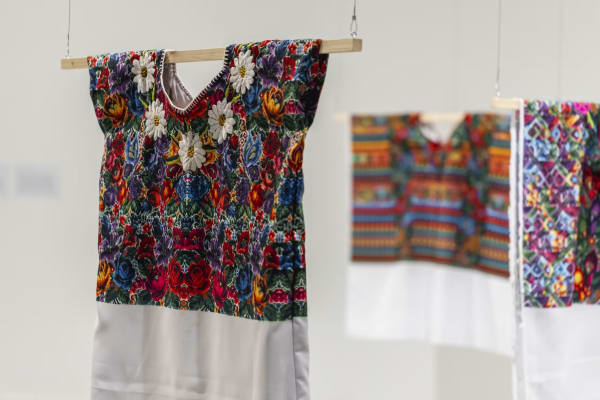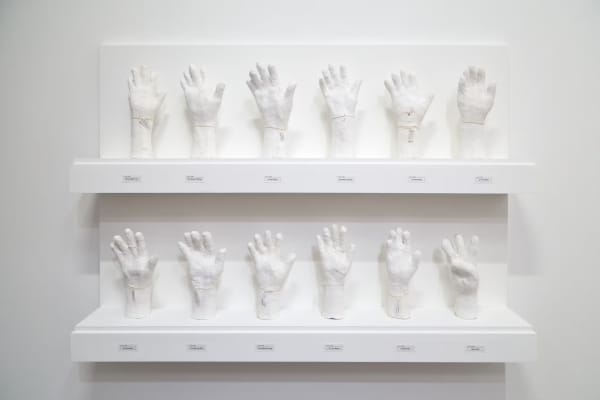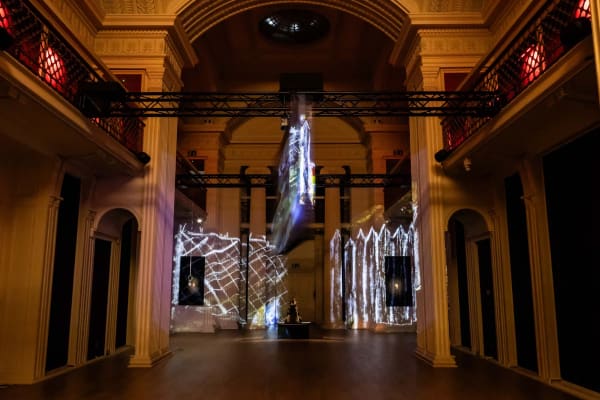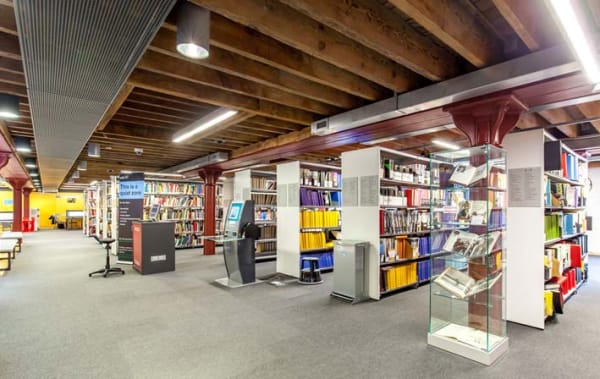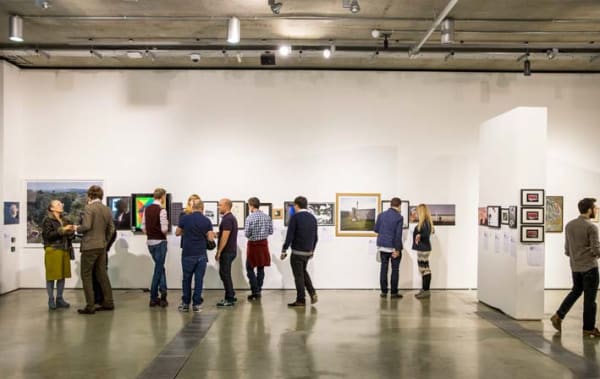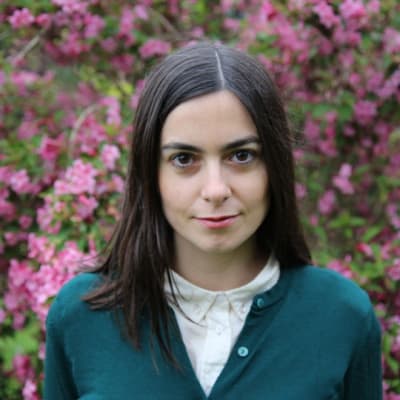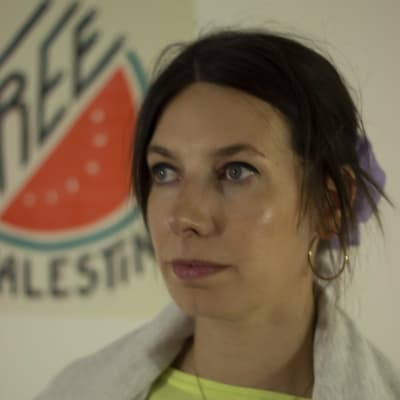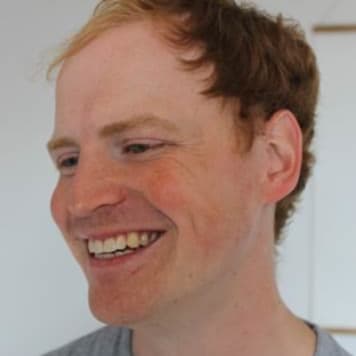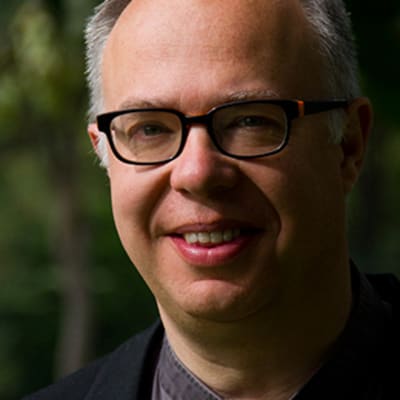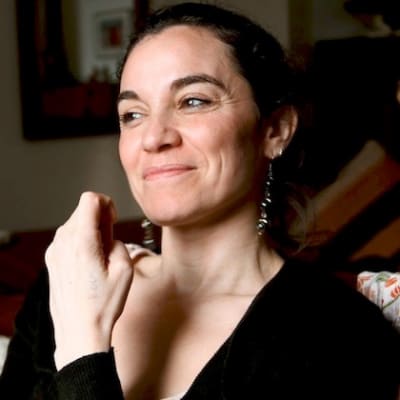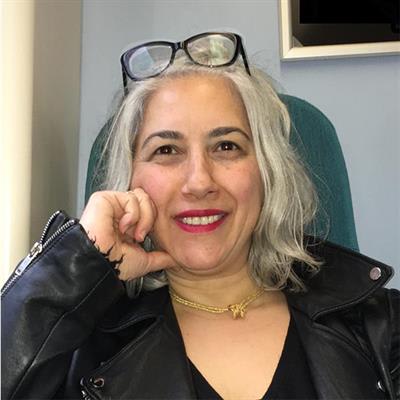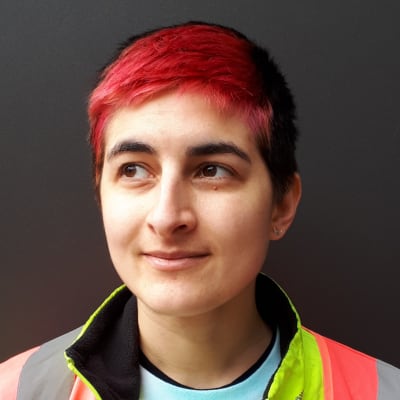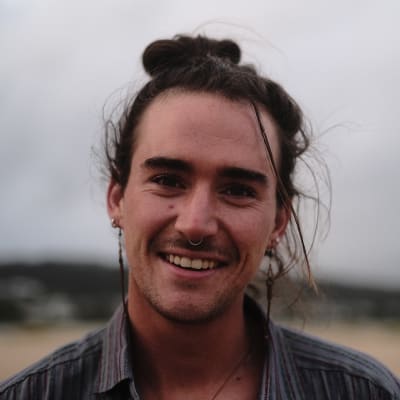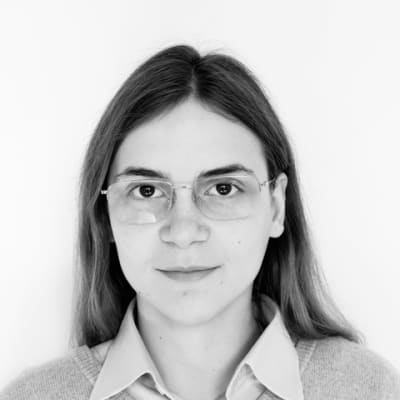Course units
On MRes Art: Exhibition Studies, teaching in the first year will cover methodologies and research skills. It will also engage you in the specialist subject of exhibition studies. During the first year, you will begin to define your individual research project in close consultation with tutors. During the second year, you will undertake research and writing to bring the project to fruition. Throughout your studies, you will receive support through individual and group tutorials, workshops, and seminar discussions.
Unit 1: Exhibition Histories: Art in the Public Sphere
The unit encourages you to reflect critically on the formation of canonical institutional structures, and to interrogate the role of museums to reinforce colonial power. At the same time, you will consider oppositional strategies which have challenged hegemonic curatorial formats, for example in the form of self-organised practices, festivals and activist movements. You will also be introduced to a range of decolonial, intersectional, feminist and ecological approaches which propose innovative ways of studying the relation between artistic practice and its social and political context. The unit will be punctuated by close analysis of particular case studies, drawing from the research carried out by the Afterall Exhibition Histories research strand.
Unit 2: Methodologies and Methods I
Unit 2 is an opportunity for all the students in the MRes Art course to study together. The unit has a core group of categories and approaches that have defined fundamental positions and concerns across the humanities, social sciences and arts. The unit maps out various schools of thought, methodologies and concepts that will help you to define your research topics and aims, and trains you to become a critical thinker.
Unit 3: Methodologies and Methods II
Unit 3 seeks to develop your skills as a researcher by working with primary sources and setting them within a broader historical context. You will work collaboratively with your peers to produce new research about a specific institution or artistic collective. Projects might involve hands-on research in physical or online archives, group discussions with artists or curators, as well as the production of public forms of dissemination. You will be encouraged to reflect on how institutional, curatorial and artistic practices may be historicised and analysed, and to think creatively about the methods and methodologies that they demand.
Unit 4: Individual Research Project
Unit 4 has two parts. Part one is focused on the preparation of your individual research project proposal. Lectures in this part of the unit centre on key issues and problems that pertain to the study of exhibitions. During the first part of Unit 4 you will work together with your tutors to design your individual research project. This can focus on a single exhibition or a group of related exhibitions that afford interesting comparisons; a complete institutional programme; or a broader subject-centred study.
Part two is devoted to independent study and the development and completion of your research project. You will present and discuss your project proposal at a symposium shared across the three MRes pathways. Group tutorials will provide an opportunity for students to engage with each other’s research and to form a mutually supportive research community, which encourages creative and speculative thinking. Pathway leaders, associate lecturers and visiting practitioners will also support the development of your research project. You will have an opportunity to present your research in the school’s Showcase at the end of your studies.
Important note concerning academic progression through your course:
If you are required to retake a unit you will need to cease further study on the course until you have passed the unit concerned. Once you have successfully passed this unit, you will be able to proceed onto the next unit. Retaking a unit might require you to take time out of study, which could affect other things such as student loans or the visa status for international students.
CSM Academic Support is delivered by a team of academics and practitioners working alongside your course to help you progress and achieve your maximum potential as a student. Academic Support can help you to develop your skills in different areas, including critical thinking, research and writing, time management, presentations and working independently and collaboratively. These may be offered as part of your timetabled classes or as bookable tutorials and workshops.
Mode of study
MRes Art is offered in extended full-time mode which runs for 60 weeks over two academic years. You will be expected to commit 30 hours per week to study, which includes teaching time and independent study.
The course has been designed in this way to enable you to pursue studies, while also undertaking part-time employment, internships or care responsibilities.
Credit and award requirements
The course is credit-rated at 180 credits.
On successfully completing the course, you will gain a Master of Research (MRes degree).
Under the Framework for Higher Education Qualifications, an MRes is Level 7. All units must be passed in order to achieve the MRes but the classification of the award is derived from the marks for the third and fourth units.
If you are unable to continue on the course, a Postgraduate Certificate (PG Cert) will normally be offered following the successful completion of 60 credits.
